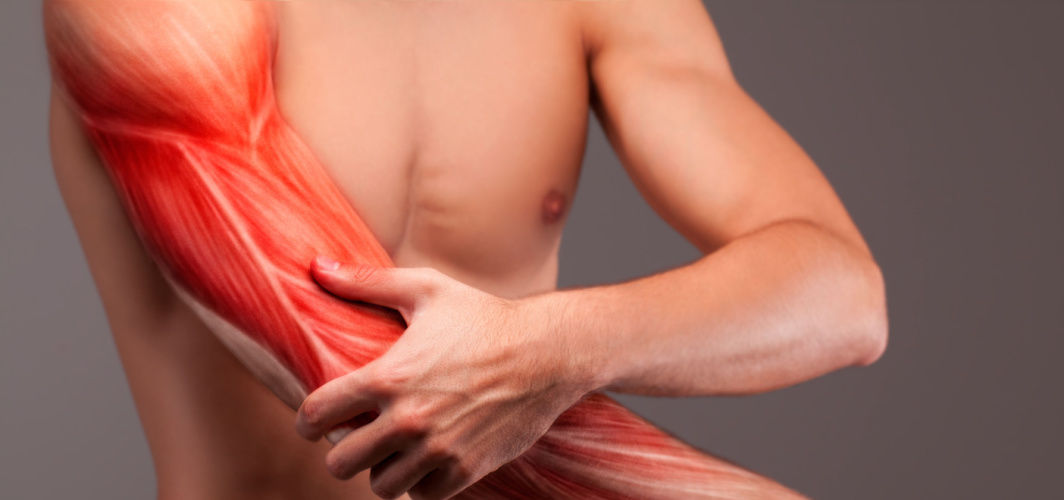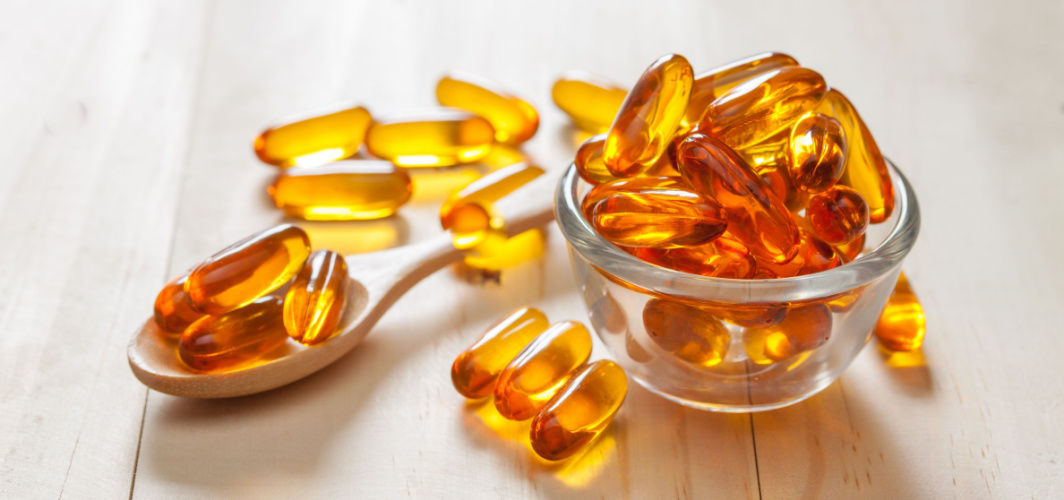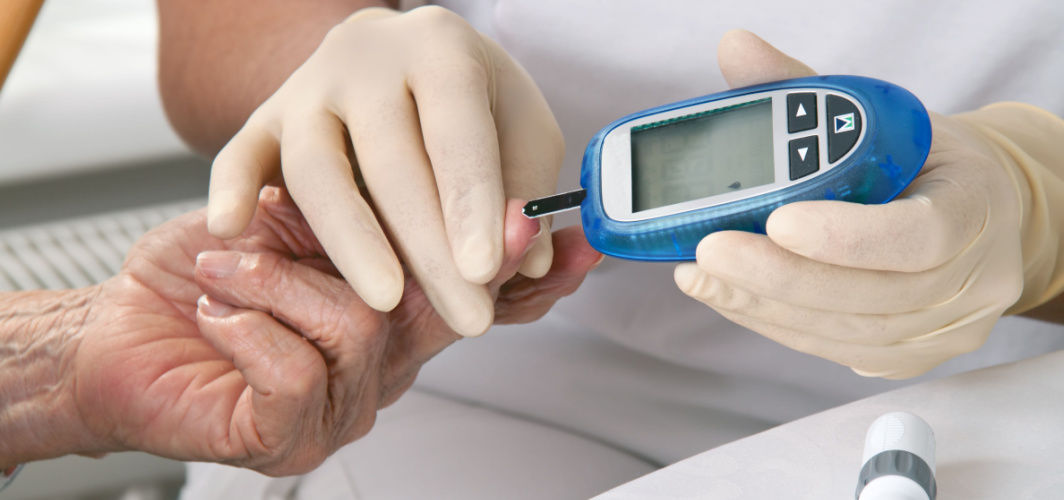General Health
These Exercises Can Reverse Muscle Ageing!
3 min read
By Apollo 24|7, Published on - 15 March 2023, Updated on - 10 July 2023
Share this article
0
17 likes

Ageing is an inevitable part of the natural life cycle. However, there are numerous factors that influence how and when our body ages. Typically, the ageing process begins at the age of 40, when muscular strength begins to deteriorate and worsens progressively. Factors like environment, diet, and both poor and healthy lifestyle habits, impact the ageing process. One of the components that play a key role in the way you age is exercise. Many studies have proven the positive effect of exercising on muscle ageing, in both young and old people.
Exercise And Muscle Health
Muscle ageing is characterised by a significant loss of muscle strength and mass, compromised physical performance, and reduced regenerative capacity. These symptoms of muscle ageing are usually accompanied by inefficient muscle metabolism. Muscle metabolism is the process of gaining and producing energy for the contraction of muscles. Exercise and physical activity serve as effective countermeasures against muscle ageing. Some of the major benefits of exercise on muscle ageing include:
- Slower reduction in muscle metabolism, regenerative capacity, and muscle strength and mass
- Increase in whole muscle mass, myofiber (muscle fibre) size and muscle quality
- Improved functional abilities of the muscles
- Slower age-related fat infiltration
- Prevention of muscle insulin resistance
Research suggests that those who engage in regular exercise not only enhance the health of their muscles but also improve their overall well-being, regardless of how late in life they begin. Moreover, a decrease in muscle strength and mass is linked to a higher mortality rate and lower quality of life.
The Effect Of Exercising On Muscle Ageing
Being a powerful prevention measure for several chronic diseases, doctors refer to exercising as a drug-free polypill, which can benefit almost everyone. Many studies have been done to analyse the effect of exercising on muscle ageing, some of which include:
- Studies suggest that exercise may not only slow down the impact of muscle ageing but also reverse it completely.
- Another study found that older individuals who engage in resistance training can experience changes in gene expressions associated with muscle ageing, thereby reversing the ageing process altogether.
- Research conducted on a group of old and young mice found that the older mice who performed regular exercise experienced accelerated muscle tissue repair and improved muscle function. Through this study, the scientists concluded that older people who engage in regular aerobic exercise experience a type of rejuvenating effect on old cells, reversing muscle ageing.
Exercises That May Help Reverse Muscle Ageing
Here is a list of some of the exercises you can incorporate into your daily routine to potentially reverse muscle ageing and preserve muscle health.
1. Resistance training
Resistance training includes pulling against resistance bands or weightlifting. Resistance exercise can lead to increased muscle strength and a boost in the effect of growth-promoting hormones, causing the muscle cells to grow and repair.
2. Sustained exercises
Sustained exercise that increases your heart rate, such as endurance training and aerobic exercise, may also help reverse muscle ageing. Aerobic exercises, particularly when combined with resistance training, have shown quite remarkable results with respect to muscle health.
3. Walking
Remarkably, you don’t need to push your body to the limits to get great results. Walking, which is the simplest form of exercise, has also proven to be quite helpful in boosting muscle health and slowing down muscle ageing. The best part is that it’s the easiest exercise to include in your daily regimen.
All in all, there is sufficient evidence to suggest that exercising can have a significantly positive effect on the muscle ageing process. Just choose a form of exercise that you enjoy and stick to it. Integrating an exercise regimen into your daily schedule will not only enhance muscle health but also be great for your overall well-being. If you have any questions,
Consult Apollo's Expert Doctors
Medically reviewed by Dr Sonia Bhatt.
General Health
Leave Comment
Recommended for you

General Health
10 Benefits of Consuming Fish Oil Supplements
Discover the health benefits of fish oil supplements, the recommended dosage, and the latest safety guidelines. Improve your overall well-being with this essential omega-3 fatty acid supplement.

General Health
PPBS Test – Preparation, When To Take It, Uses, Purpose, Cost
Learn about the PPBS test: how to prepare, when to take it, its uses, purpose, and cost. Get the information you need for better healthcare decisions.

General Health
IDIOT Syndrome: Stop Consulting The Internet, It’s Not A Doctor!
Standing for Internet Derived Information Obstruction Treatment, IDIOT Syndrome is a phenomenon where an individual blindly trusts medical information gleaned from the internet. Read to know more.
Subscribe
Sign up for our free Health Library Daily Newsletter
Get doctor-approved health tips, news, and more.
Visual Stories

Could There Be More to Your Snore?
Tap to continue exploring
Recommended for you

General Health
10 Benefits of Consuming Fish Oil Supplements
Discover the health benefits of fish oil supplements, the recommended dosage, and the latest safety guidelines. Improve your overall well-being with this essential omega-3 fatty acid supplement.

General Health
PPBS Test – Preparation, When To Take It, Uses, Purpose, Cost
Learn about the PPBS test: how to prepare, when to take it, its uses, purpose, and cost. Get the information you need for better healthcare decisions.

General Health
IDIOT Syndrome: Stop Consulting The Internet, It’s Not A Doctor!
Standing for Internet Derived Information Obstruction Treatment, IDIOT Syndrome is a phenomenon where an individual blindly trusts medical information gleaned from the internet. Read to know more.
